
- Rainproof in 6 hours
- Treats 3,200 sq. ft
- Won’t harm the lawn

- Fertilizes in 24 hours
- Covers up to 6,000 sq. ft.
- 32 fl. oz.
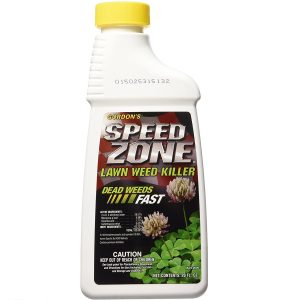
- Rapid and effective
- Covers up to 14K-18K sq. ft.
- Won’t harm the lawn
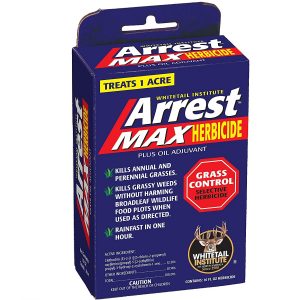
- Extremely Effective
- Keeps Grass Out
- 1 Pint
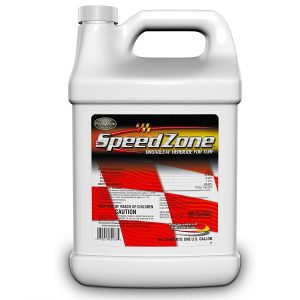
- Visible activity in hours
- Rain-fast in 3-4 hours
- 1 Gallon
Choose the Best Herbicides for Clover
Customer’s Choice: the Best Rated Herbicides for Clover
346 users answered this survey. Please help us improve this review!
The best weed killer for lawn, turf, and landscape clover can efficiently destroy clover weeds and discourage them from returning easily. Clover weeds are nasty weeds that flourish in our lawn and landscape beds, though helpful to the ecosystem, and obstruct its overall beauty. Clover weeds are irritating because from just about every viewing point they pop-up and grow easily and look horrible.By destroying it with herbicides, most people choose to get a lawn and garden clean of clover, so it appears healthier. The easiest approach to avoid weed problems in your backyard, such as clover, is to preserve the health and density of your land by mowing at the prescribed height, supplying the correct fertilization and lime as required after a soil test rinsing.
If you dislike the sight of clover in your turf, please follow below as the professional gardeners lead you to the best lawn and landscape herbicide for clover. Do not forget to check the following comparison table and buyer’s guide to get interesting details.
Table of Contents
Ortho Weed B Gon Chickweed, Clover & Oxalis Killer – the best for killing the roots!
 Ortho Weed B Gon concentrate is meant to help get rid of the lawns of oxalis, clover, chickweed, dandelion, plus wild violet and ground ivy.
Ortho Weed B Gon concentrate is meant to help get rid of the lawns of oxalis, clover, chickweed, dandelion, plus wild violet and ground ivy.
As its active ingredient, this liquid concentrate includes 8% Triclopyr that effectively destroys stubborn weeds up to the roots without damaging your grass. It even has a rainproof solution lasting up to 6 hours, but you can be confident that it won’t quickly wash off.
With the Ortho Dial-n-Spray sprinkler, this weed killer is quite simple to use. This functions steadily yet reliably and could include a second request a month later.
Scotts Liquid Turf Builder with Plus 2 Weed Control Fertilizer– the best for wide application!
 Fertilize the grass quickly when killing dandelions and clovers. Scotts Liquid Turf Builder delivers a fast nitrogen boost to your lawn when controlling weeds. Simply mount the applicator to your garden hose and spray. It is also simple to administer.
Fertilize the grass quickly when killing dandelions and clovers. Scotts Liquid Turf Builder delivers a fast nitrogen boost to your lawn when controlling weeds. Simply mount the applicator to your garden hose and spray. It is also simple to administer.
Scotts Turf Maker manages clover, ground ivy, buckhorn, chickweed, dandelion, henbit, knotweed, etc. Use it at every season, for virtually every type of lawn. It will not burn the grass when used as instructed and it is healthy to use nearby kids and pets.
The absorption is outstanding and within 24 hours it kills chickweed, dandelions and parasitic clovers. When applying and following directions, it’s simple to overuse.PBI/Gordon 652400 Speed Zone Lawn Weed Killer– the best for quick results!
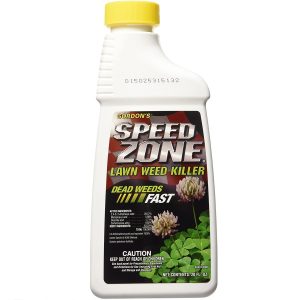 Lawn Weed Killer by PBI/Gordon destroys weeds quickly. Tough broadleaf weeds including plantain, clover, spurge, and ground ivy are destroyed. Speed Zone is really a selective herbicide that functions in cool and warm-season turfgrasses that have been developed.
Lawn Weed Killer by PBI/Gordon destroys weeds quickly. Tough broadleaf weeds including plantain, clover, spurge, and ground ivy are destroyed. Speed Zone is really a selective herbicide that functions in cool and warm-season turfgrasses that have been developed.
Applications can be made in 3 hours from early spring to fall (up to destroying frost) and are rainfast.
If you like spraying tracts of land, it is right for you. When you plan to prescribe it during cold weather, it often appears to offer optimum efficiency. This herbicide is made in such a way that different kinds of weeds, such as clover and dandelion, may be killed.
If you hope to find is a product that will offer you fast results for the smaller distribution of damage on the grasses in your yard, this could be a perfect solution for you.
Whitetail Institute Arrest Max Grass Food Plot Herbicide– the best for vegetable gardens!
 The Arrest Max herbicide is specifically developed to help manage a broad variety of grasses and grassy weeds that are annual and perennial. To ensure that food plots remain lush and safe while effectively getting rid of undesirable weeds and grasses, this selective herbicide is made.
The Arrest Max herbicide is specifically developed to help manage a broad variety of grasses and grassy weeds that are annual and perennial. To ensure that food plots remain lush and safe while effectively getting rid of undesirable weeds and grasses, this selective herbicide is made.
In around an hour, this liquid solution can rainfast and monitor most grasses without destroying alfalfa, clover, or any perennial vegetable garden. It needs a basic mixing rate, so it is very simple to use and can be applied with a four-wheeler, tiny sprayer, or tractor sprayer.
Products are suggested to be applied in spring or summer when weeds are actively developing, particularly in the early stages of development. It includes adjuvant oil, however adding a surfactant can improve the action of this product.
Speed Zone Broadleaf Herbicide– the best for volume!
 The superior cool-weather treatment is provided by this highly efficient selective post-emergent herbicide. It includes 4 strong active ingredients that help to create cool and warm-season grasses in turfgrass such as clover, ground ivy, dandelion, pennywort, and plantain for common and problematic weeds.
The superior cool-weather treatment is provided by this highly efficient selective post-emergent herbicide. It includes 4 strong active ingredients that help to create cool and warm-season grasses in turfgrass such as clover, ground ivy, dandelion, pennywort, and plantain for common and problematic weeds.
It is necessary to use the weed killer on institutional, ornamental, and residential, sod development, and non-cropland sites.
The Speed Zone is an emulsifiable concentrate that is meant for water dilution. Liquid fertilizer can substitute part of the water in the mixture in some applications.
The Speed Zone solution can be used in the spring, summer, or fall as a single or a split/sequential broadcast use. Spring and fall procedures are preferable to summer treatments under appropriate soil moisture conditions.
The Buyer’s Guide
In lawns, numerous clover species (Trifolium, Medicago and Mililotus) sometimes prove to be troublesome. Covers that flourish in turfgrass draw bees and decrease lawn uniformity. Furthermore, the burclover damages bare feet and sticks to pets or garments.
Although clover control is easily accomplished by hand-pulling or with mulch application in a home garden or landscaped areas, clover in turfgrass can warrant herbicide control. For a particular case, the right herbicide is depending on the varieties of turfgrass and clover.
Major types of herbicides for clover:
1) Pre-emergent products. Until weed seeds germinate and plants grow, they are added. Herbicides are added to the surface of the soil and, with rainfall or irrigation, travel into the soil where they last for about 3-to-4 months. Pre-emergent herbicides are most appropriate when annual clovers are troublesome or where clovers are not yet ready to attack crops. Isoxaben, napropamide, oryzalin, oxadiazon, pendimethalin and pronamide are potential herbicide options for pre-emergent clover management.
2) Post-emergent weed killers. To destroy actively developing plants, they are spread to the whole lawn or specifically to the undesirable clover. Clopyralid, glyphosate, dicamba, mecoprop, and quinclorac provide post-emergent herbicides that give clover regulation. When applied to young weeds, these herbicides provide the most efficient control. Glyphosate is a non-selective herbicide that harms any plant in which it comes into contact and is thus only appropriate for spot application, prior to planting, or for the renovation of turfgrass.
Form
There are two types of these herbicides: granules or oil. As you can simply connect them up to the hose and then spraying them on the lawn, liquids are easy.
Identified as a spreader, if you have anything to support you apply the granules, then the granules can be a perfect solution. Most gardeners recommend that you get one if you don’t have a spreader since by adding so much substance to a concentrated zone, you don’t want to risk burning your lawn.
Application
Each clover weed killer is subtly different, so before you submit, make sure to read the directions carefully. Some weed killers are granular, and you only scatter out, before treatments, powdered ones need to be mixed with water, and other products you can spray straight out of the container.
As Emma Anderson from WindChimesGuide said, in fresh lawns, before adding herbicides, wait until the grass has been mown at least 3 times. Prior to applying post-emergent herbicides, postpone mowing lawn for many days and recommend introducing a surfactant to foliar sprays to promote leaf penetration. In order to prevent drift, spray foliar herbicides on clear days and do not add herbicides to drought-stressed lawns or when extreme heat is anticipated.
Video Tutorial: How to Use Scotts® Liquid Turf Builder® with Plus 2® Weed Control
Final thoughts
Thanks to the expert gardeners who know what they are saying now you also know what herbicides for clover can actually help. To cope with clover weeds in your garden never apply cheap herbicides.

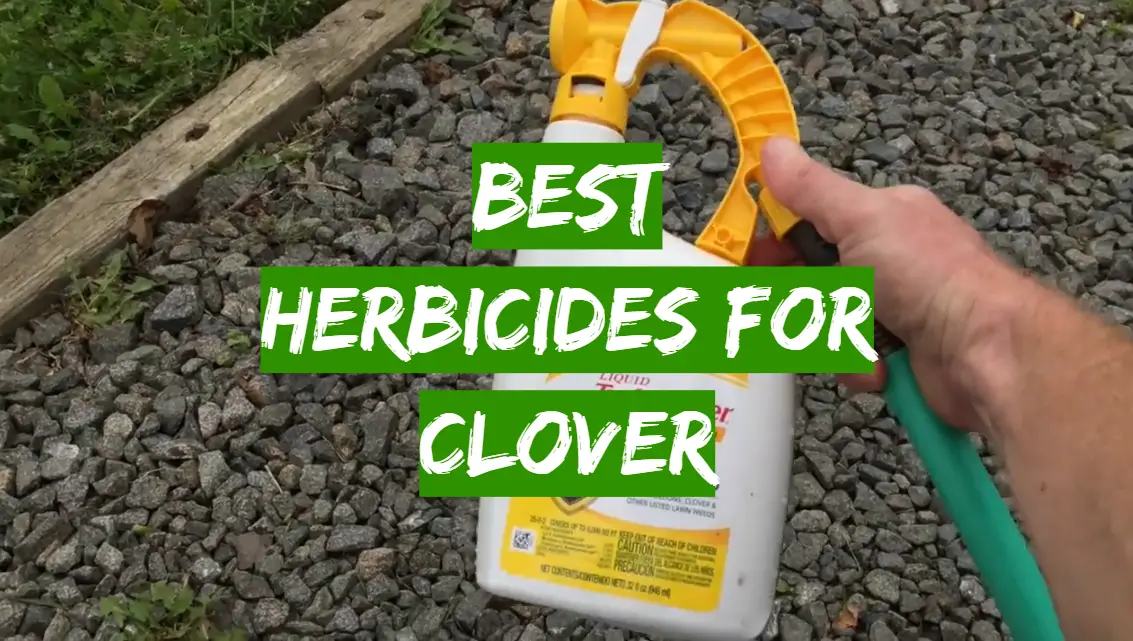

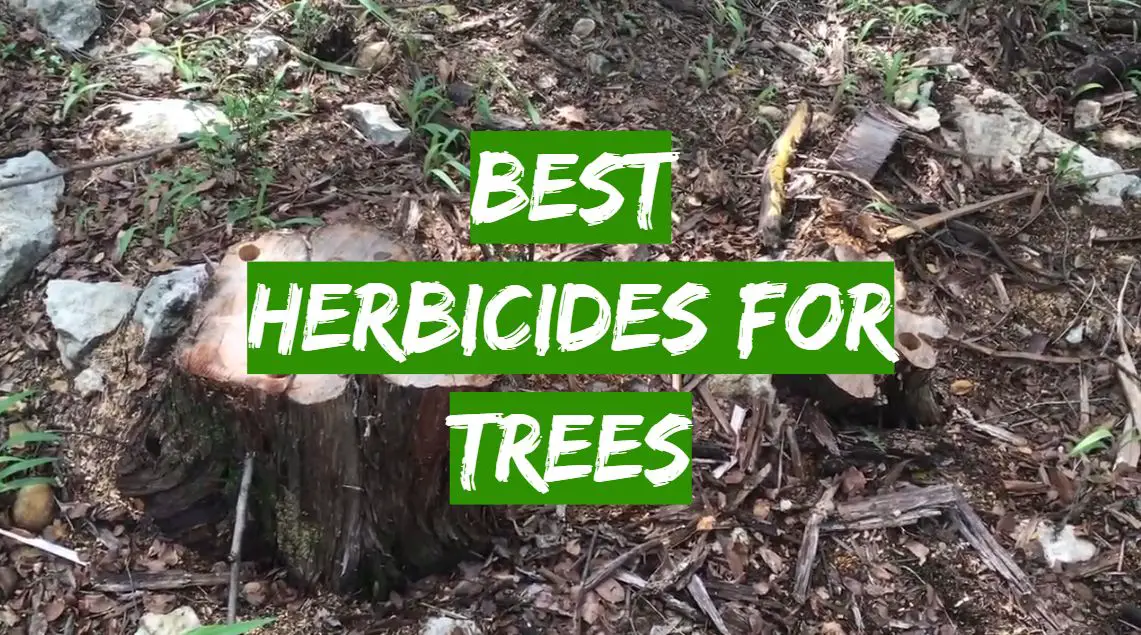
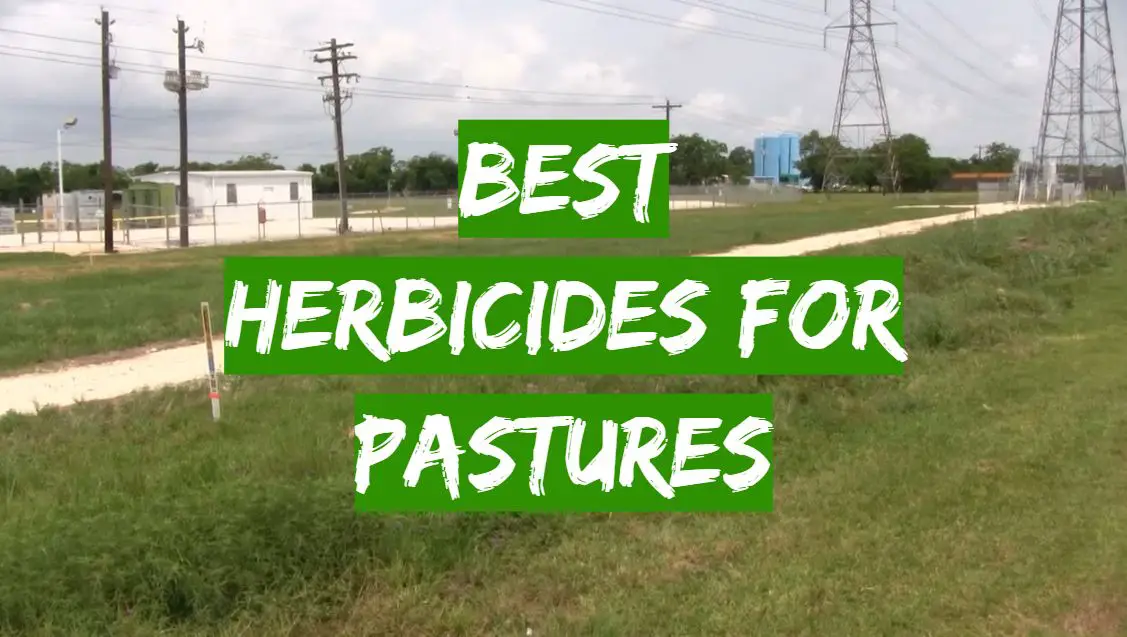
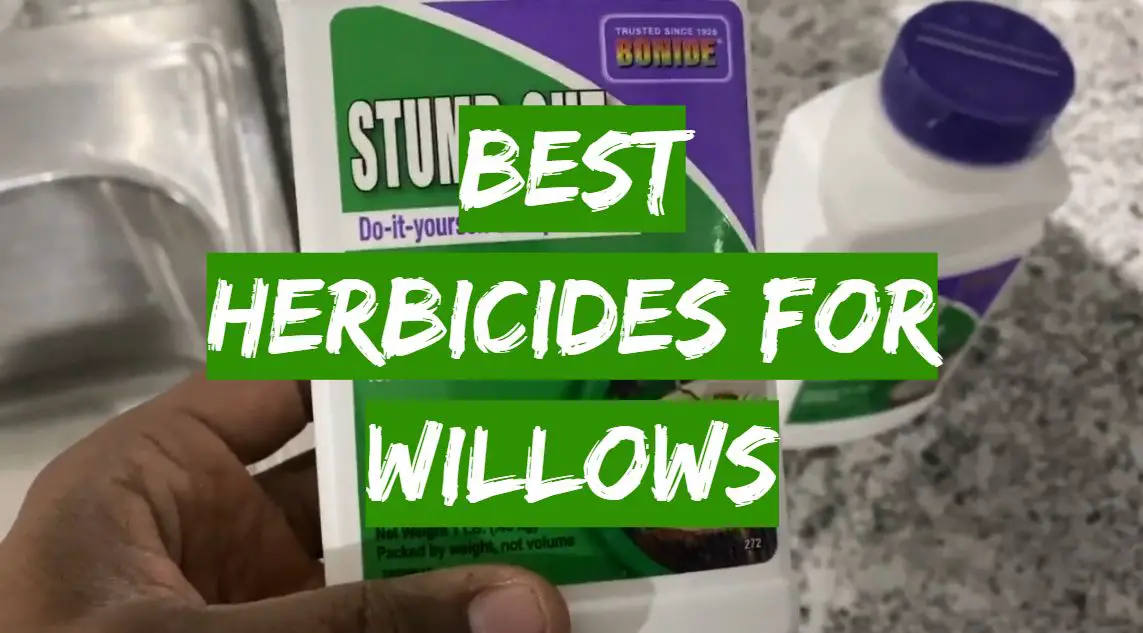
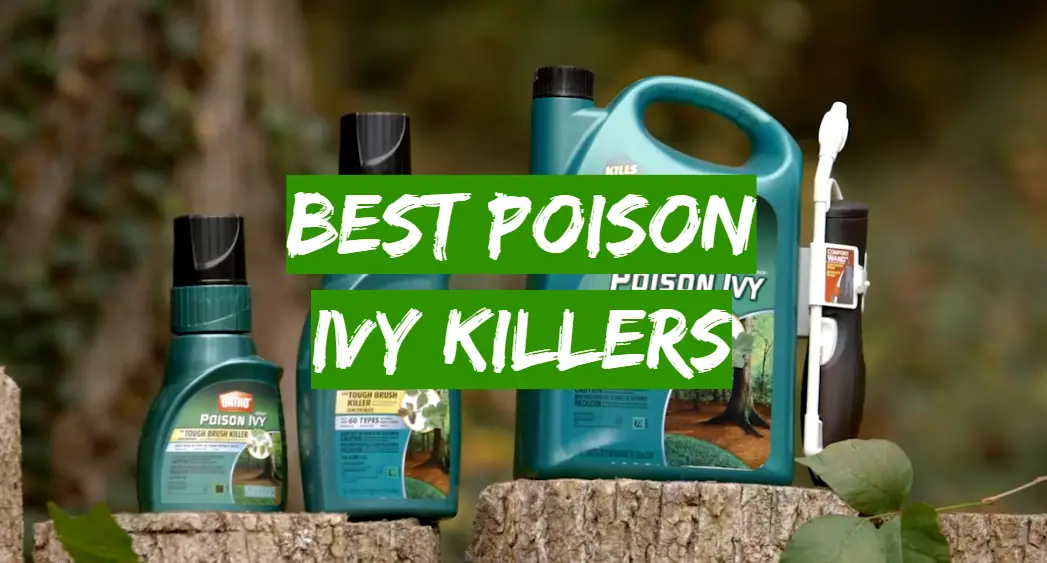
Leave a Reply
View Comments